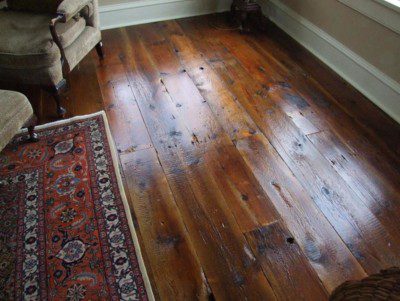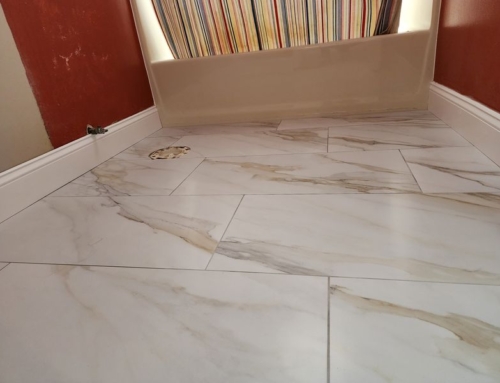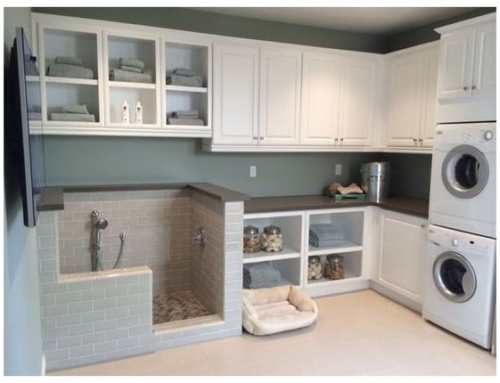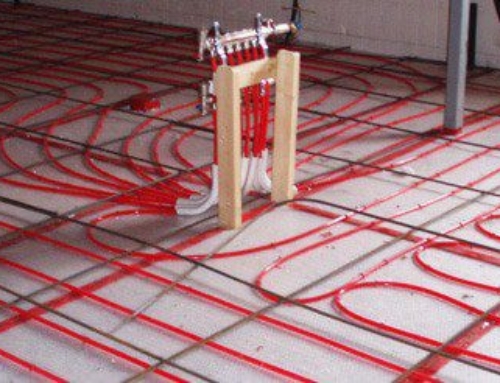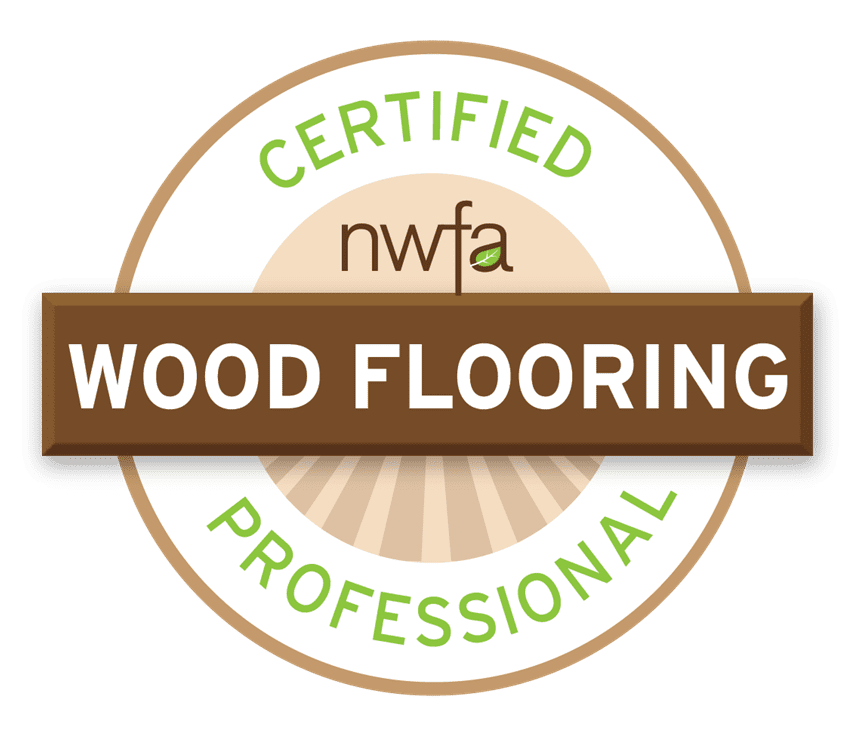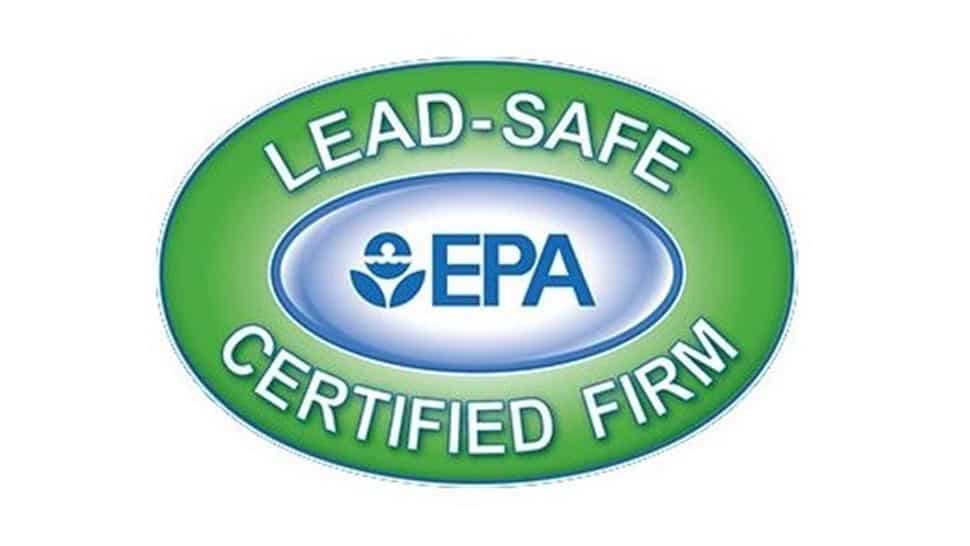When it comes to choosing wood flooring for a home, there are multiple options to consider. Each type of wood flooring has its own unique characteristics, advantages, and disadvantages. Some are moisture resistant, while others can be damaged in moist environments. Some have easy maintenance, others require sanding, refinishing, and resealing. Some are easier to install than others. There are even more pros and cons around wood flooring than their are different types of wood flooring. Keep reading for all the information you could possibly need to find the best wood or wood like flooring for your individual needs.
Solid Hardwood Flooring
Solid hardwood flooring is a classic and timeless choice that adds warmth and elegance to every home. It is made from a single piece of solid hardwood. The type of wood chosen is most often oak, maple, hickory, or walnut. However, exotic hardwoods are available as well. Options such as Brazilian tigerwood, Kempa, or Australian cypress. We did a deeper dive on exotic hardwoods here. Solid hardwood flooring is known for its durability, longevity, and ability to be refinished many many times, it is a long-lasting flooring solution that adds value to your home.
However, the downside to solid hardwood is that it is not moisture resistant. Leaks can buckle and warp your hardwood planks. In addition, it requires more maintenance than other options.
Acacia Wood Flooring
Acacia wood is a dense and durable exotic hardwood that originates from Southeast Asia and Australia. It is the most popular exotic hardwood choice due to its durability. Acacia wood flooring is known for its striking grain patterns and warm, rich tones that range from golden brown to deep reddish brown. It is a popular choice for homeowners seeking a truly unique, and exotic look for their floors.
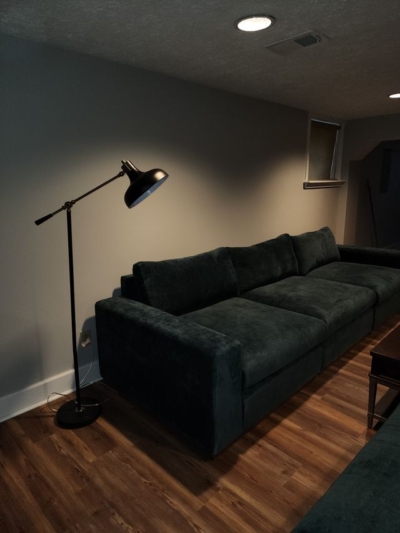
Engineered Hardwood Flooring
Engineered hardwood flooring is a popular alternative to solid hardwood. It consists of a top layer of real hardwood veneer bonded to layers of high-quality plywood or a high-density fiberboard (HDF) core. This construction makes engineered hardwood more dimensionally stable and resistant to moisture. It also tolerates fluctuations in humidity and temperature better than solid hardwood. In addition, the top layer of veneer can still be refinished a couple of times.
Laminate Flooring
Laminate flooring is a cost-effective and versatile option that mimics the look of real wood. It is made from synthetic materials such as high-density fiberboard (HDF), but has a photographic image of wood printed on the top layer, then coated with a protective wear layer. Laminate flooring is easy to install, highly durable, and resistant to scratches and stains. It is perhaps the best option for rooms that get the most traffic, wear, and tear.
Bamboo Flooring
Bamboo flooring is a very popular eco-friendly, sustainable option that is becoming more and more popular. It is made from highly renewable bamboo. Bamboo flooring can be found in many different styles, colors, and textures that have many different shades and colors. If you need to know if bamboo is the right flooring for you before committing, check out this article.
Cork Flooring
Cork flooring is a unique, natural, sustainable flooring option made from the bark of the cork oak tree. It is known for its softness, warmth, and resilience. It’s a comfortable and quiet flooring choice. Cork flooring is also naturally resistant to moisture, mold, and mildew if your home is prone to moisture problems. However, we wouldn’t recommend cork in a bathroom, kitchen, or basement. Tile is always the safest bet in rooms that might get wet.
Reclaimed Wood Flooring
Reclaimed wood flooring is highly sustainable and eco-friendly. It adds character, a rustic feel, and a unique charm to any space. Reclaimed wood is salvaged from old buildings, barns, or anything else made of wood. Reclaimed wood comes with a rich history and an aged appearance. It tells a story about where it came from before it became your floor. Reclaimed hardwood comes in a lot of different types of wood, shapes, and sizes, but depends on what you can find.
Wood-Like Flooring
If you would like to have the look of hardwood flooring, but the durability of tile, consider a wood-like flooring. Both Luxury Vinyl Plank, and Wood-Like Tile Planks can give you the aesthetic of hardwood, but with the moisture resistance of tile or vinyl. Wood like flooring is the perfect option if you would like the look of hardwood in your basement, bathroom, or kitchen.
Luxury Vinyl Plank (LVP) Flooring
Luxury vinyl plank (LVP) flooring is a popular moisture resistant wood alternative that combines the look of real wood with the durability and water-resistance of vinyl. LVP flooring is made from layers of vinyl with a photographic image of wood printed on the top layer. This provides a realistic wood like appearance. It is low cost, easy to install, low maintenance, and suitable for areas with high moisture.
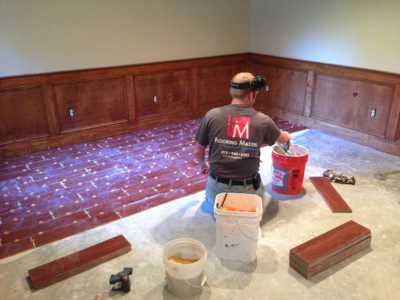
Wood-Like Tile Flooring
Wood-like tile flooring is another popular alternative to actual wood that offers the look of wood with the durability and water resistance of tile. These tiles are made from ceramic or porcelain materials, and are designed to mimic the appearance of various wood species, including oak, maple, and hickory. Wood-like tile flooring is easy to maintain, scratch-resistant, and suitable for moist areas. It can also be used in outdoor spaces, providing a wood look with the durability and weather resistance of tile.
When homeowners consider the right wood flooring for their home, we recommend that they consider factors such as durability, moisture resistance, ease of installation, added value to the home, and maintenance. In addition, you have to get the look you want. The flooring has to compliment your existing decor, or future plans for your space.
Each type of wood flooring has its own set of advantages and disadvantages, so it’s essential to research and understand the characteristics of each option before deciding. Consulting with a professional flooring company like Flooring Masters can help you navigate all of the different options and make an informed choice that meets your specific needs.
Need some help choosing which type of wood flooring for your home? Please Call or Email us here at Flooring Masters for a free consultation!

